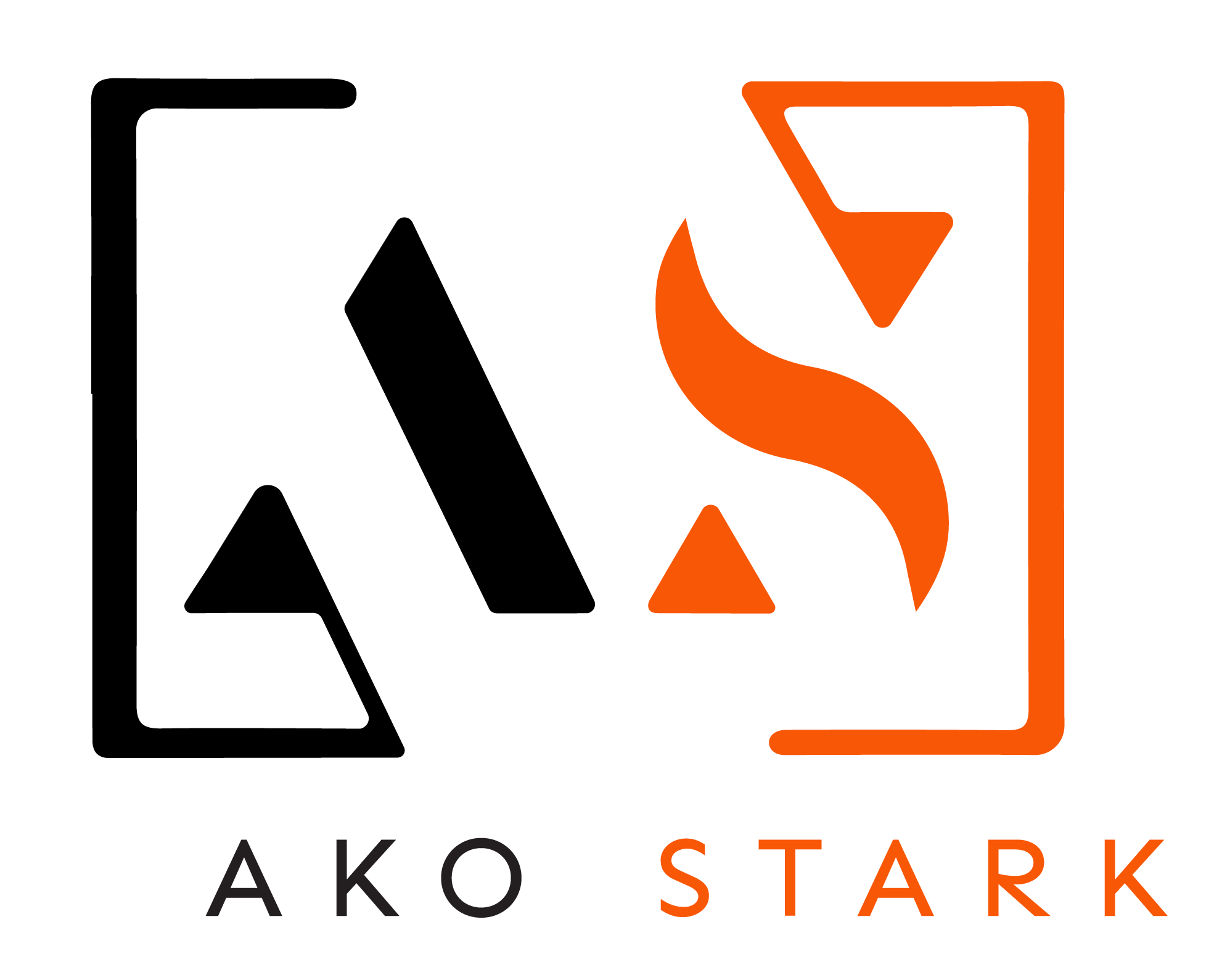This guide delves into the mechanics of search engines, covering essential processes like crawling and indexing, and introduces key concepts such as crawl budget, PageRank, and more.
Introduction to Search Engine Mechanics
Search engines are the backbone of the internet, helping users navigate the vast sea of information online. This guide offers a primer on their operation, focusing on crawling, indexing, and the principles behind crawl budget and PageRank.
The Journey of Search Engine Crawlers
At the heart of a search engine's ability to organize information are web crawlers, also known as bots or spiders. These digital explorers traverse billions of web pages, cataloging them by downloading their content and following links to new pages. This relentless exploration allows search engines to discover and index new content continuously.
The Role of the Search Engine Index
Once a page is discovered, it's added to a structured database known as an index. This index is a comprehensive catalog that includes URLs and key signals about each page, such as:
- Keywords: Identifying the subjects covered by the page.
- Content Type: Determined through Schema microdata, specifying the nature of the page's content.
- Page Freshness: The update frequency of the page.
- User Engagement: Historical interaction metrics with the page or domain.
Deciphering the Search Engine Algorithm's Goals
The core objective of a search engine algorithm is to match the user's query with a list of relevant and authoritative pages swiftly. These algorithms prioritize content quality, relevance, and user satisfaction in their rankings.
The Process of Generating Search Results
When a user inputs a query, the search engine sifts through its index to find relevant pages. An algorithm then ranks these pages based on relevance to the user's query, considering factors like location, language, search history, and device type.
Enhancements in Search Engine Technology
Modern search engines have evolved to understand and prioritize user intent, improving the accuracy and relevance of search results. This includes semantic search capabilities, which interpret the context and intent behind queries, offering more nuanced and targeted results.
Challenges in Getting Indexed
Not all pages make it into the search engine index due to factors like:
- Robots.txt Restrictions: Instructions that prevent crawlers from accessing certain parts of a site.
- Noindex Tags: Directives that block pages from being indexed.
- Quality Assessments: Pages deemed of low quality or with duplicate content may be excluded.
- Technical Errors: Such as 404 Not Found responses, can prevent indexing.
Forward-Thinking: The Future of Search Engines
As search technology advances, factors like AI and machine learning are playing a more significant role in how search engines understand and rank content. These technologies enable search engines to learn from user interactions, refining their algorithms to better meet user needs over time.
Navigating the World of Search Engines
Understanding how search engines work is crucial for anyone looking to improve their online visibility. By mastering the concepts of crawling, indexing, and the factors influencing page ranking, webmasters can optimize their sites to perform better in search results, driving more relevant traffic to their content.









